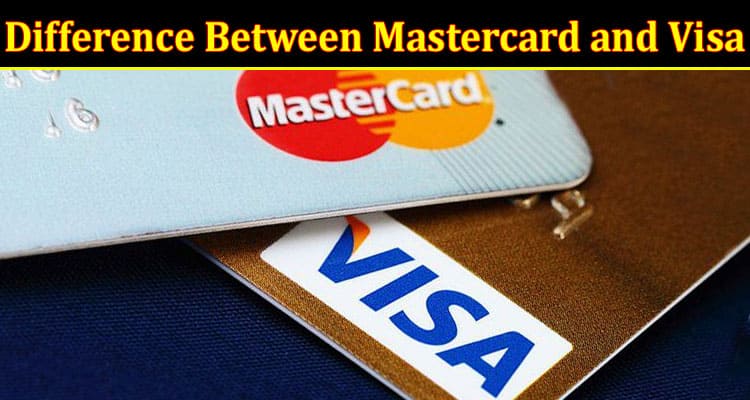When you open your wallet, you’ll likely see one or more shiny plastic cards emblazoned with the names “Mastercard” or “Visa.” These globally recognized names are integral parts of the modern financial infrastructure. But, you may wonder: What is the difference between Mastercard and Visa? In the heart of their operations, these giants serve as payment processors in financial transactions, enabling a smooth and efficient connection between banks, merchants, and consumers. However, the distinctions emerge when we dive deeper into the benefits, perks, and services each offers. This article will shed light on those differences and more.
Overview of Mastercard and Visa
Both Mastercard and Visa do not issue cards directly to consumers; instead, they function as networks facilitating transactions between consumers, merchants, and banks. They provide the technology and security protocols that allow the process to take place seamlessly.
Mastercard, a multinational corporation based in New York, is present in over 210 countries. It provides various card types, including debit, credit, and prepaid cards, catering to individual consumers, businesses, and government institutions. Mastercard stands out for its robust rewards programs, travel benefits, and premium services, especially on its higher-end cards.
Visa, headquartered in California, operates in over 200 countries and territories. Like Mastercard, Visa provides debit, credit, and prepaid cards. Visa is renowned for its extensive acceptance globally, fraud protection features, and a wide variety of consumer and business products.
Credit Card Debt Solutions
Mastercard and Visa are actively involved in promoting responsible spending and credit card debt solutions for consumers. Both companies offer resources and tools for cardholders to monitor their spending habits, make informed decisions, and maintain financial health.
For instance, Visa provides comprehensive educational resources, such as guides on budgeting and saving. Mastercard, on the other hand, partners with various organizations to promote financial literacy and responsibility, making them key players in the area of credit card debt solutions.
Features and Perks: A Role for Financial Institutions
While Mastercard and Visa offer a slew of benefits and services, it’s crucial to understand the role that issuing banks and financial institutions play. The banks that issue the cards – whether it be a local credit union or a global banking powerhouse – often dictate the specific features, benefits, and rewards of the card.
From cashback percentages to travel rewards and customer service, these are usually defined by the card issuer. Hence, when choosing a card, one must consider the issuer’s reputation, customer service, and the specific card benefits, rather than focusing solely on whether it’s a Visa or Mastercard.
Key Differences Between Mastercard and Visa
When comparing Mastercard and Visa, it’s worth noting that there aren’t major differences at the core functionality level – they both provide reliable and secure payment networks worldwide. The differences lie in their benefits and reward programs, which are also often contingent on the card issuer.
For example, premium cards like the World Elite Mastercard offer perks such as concierge services, price protection, and special access to events. On the other hand, high-end Visa cards, like the Visa Infinite, offer benefits like travel accident insurance, trip cancellation protection, and auto rental collision damage waiver.
Conclusion
So, what is the difference between Mastercard and Visa? Both are reputable, widely accepted payment networks that facilitate transactions between consumers, merchants, and financial institutions. Their differences mainly lie in the benefits and services they offer, which also depend largely on the issuing banks. Therefore, when choosing between a Visa or Mastercard, it’s essential to scrutinize the specific benefits, features, and issuing institution to ensure it best suits your financial needs and lifestyle.

